On the 31st of March and on the 1st of April 2022 was held in Florence the DeepCities Curbatheri workshop that saw the participation of different categories of stakeholders, both in presence and online, in addition to an audience of project members and affiliates of the various Curbatheri research groups. The stakeholders were representatives of public institutions, of local associations, urban planners, architects and persons in charge of archaeological and architectural protection.
Already during the workshop, we were able to notice a positive approach by the stakeholders, since they actively participated in the discussion in the scheduled moment of debate, bringing to the attention of all problems and aspect that not very clear to them or, in any case, needing of further explanations.
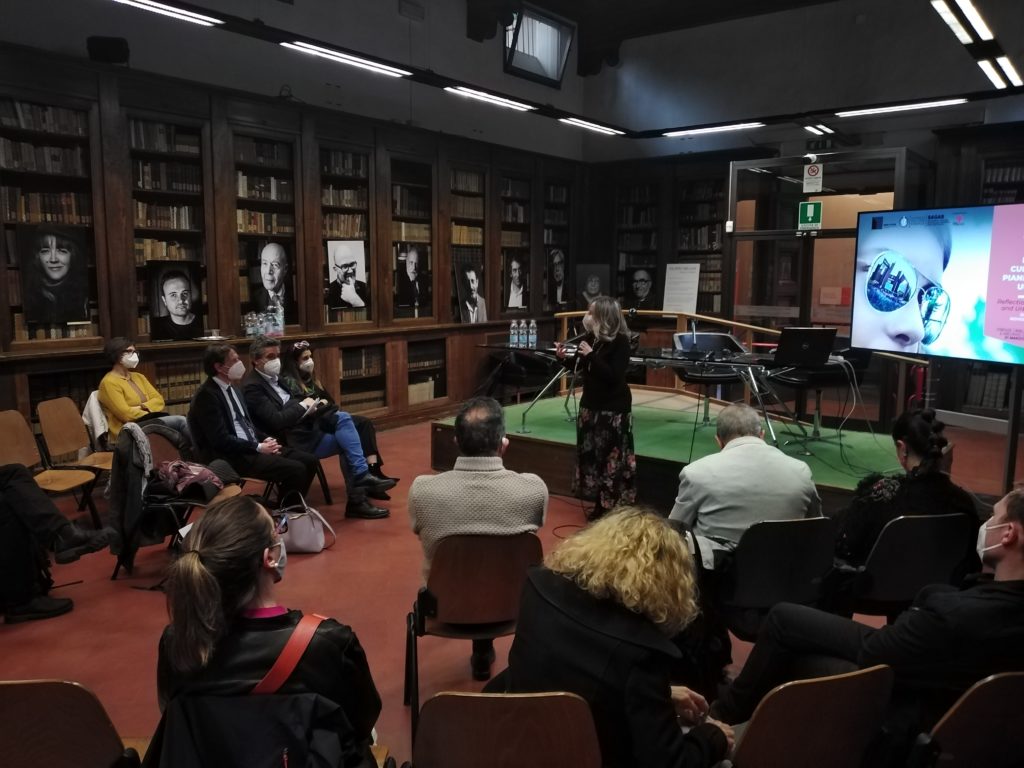
Few weeks after the conclusion of the Florence workshop, we started a small interview campaign involving Florentine stakeholders, but also relying on some feedback from non-Italians ones. We provide here an extremely brief report to note some impressions, foreseeing a future more in-depth analyzes envisaged by the DeepCities Curbatheri project outputs.
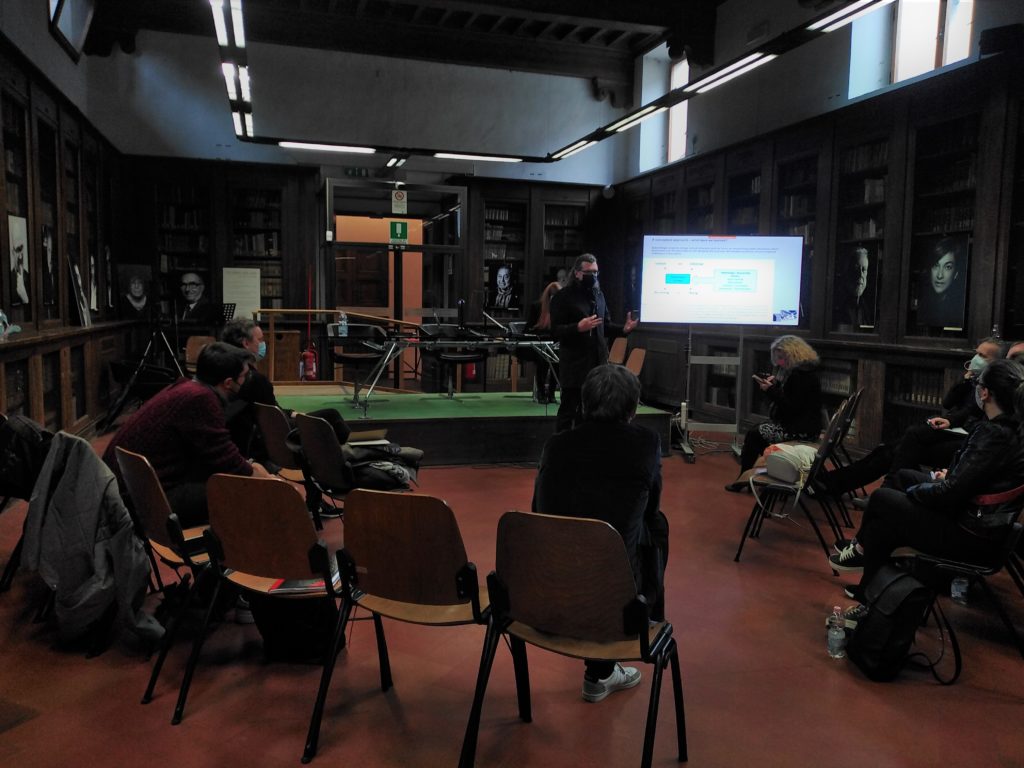
First of all, regarding the possible awareness and perception about urban planning in relation to the local cultural heritage, the majority of the Italian stakeholders have demonstrated a substantial knowledge both of the Novoli-San Donato context and of the aspects of local change and transformation of the last decades. Indeed, for those from Florence, it is very difficult not to have ever had anything to do with or have heard about the different cultural, architectural and social events that have involved the area currently analyzed by the Florence team. Therefore, we have had often to deal with already formed opinions, on aspects of negative and positive judgment on fundamental interventions such as, for example, the restorations of the San Donato complex and Villa Demidoff with sometimes conflicting opinions. For example, from the point of view of the administrators, the transformations, of the two just mentioned historic buildings were substantially positive phenomena. The opinion of experts and specialist are rather different and characterized by a certain degree of criticism. Finally, the positive impression received by the Italian stakeholders was undeniable in being able to note that some phenomena known for Novoli also found specific comparisons with the other European cases of Oslo, London, Edinburgh and Barcelona.
Regarding the issue of the usefulness of the topics and contents addressed during the workshop in relation to the different professional skills of the stakeholders, we have tended to collect several positive opinions, with a view to being able to arrive at better contextual cognitive approaches both from a point of material and immaterial view. Furthermore, the importance of involving local communities appeared to everyone to be truly fundamental as well as that of finding more and more ways to create synergistic projects between local authorities, community specialists and universities.
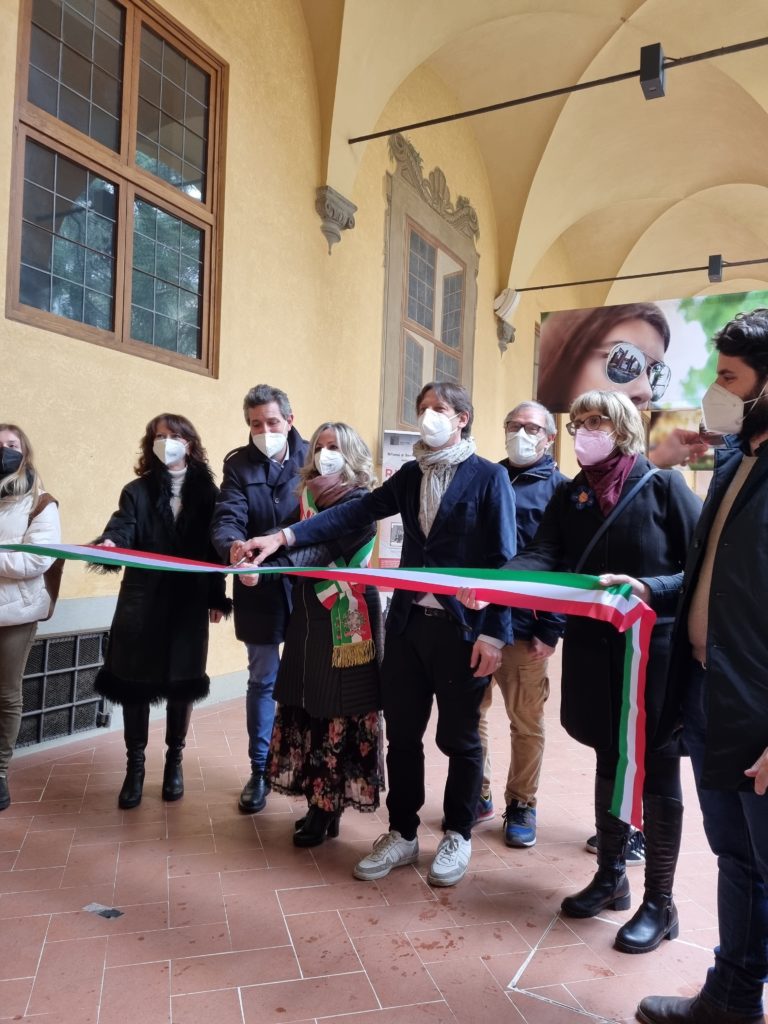
A further interesting opinion, which is derived above all from the feedbacks of the administrators, was that of the importance of local communities but, at the same time, their need to count on specific skills that allow a rational use of resources available: for example, the fact was raised that if some requests had been listened to more so to speak “from below”, probably some aspects of controversy on recoveries Villa Demidoff and the church of San Donato could have been avoided.
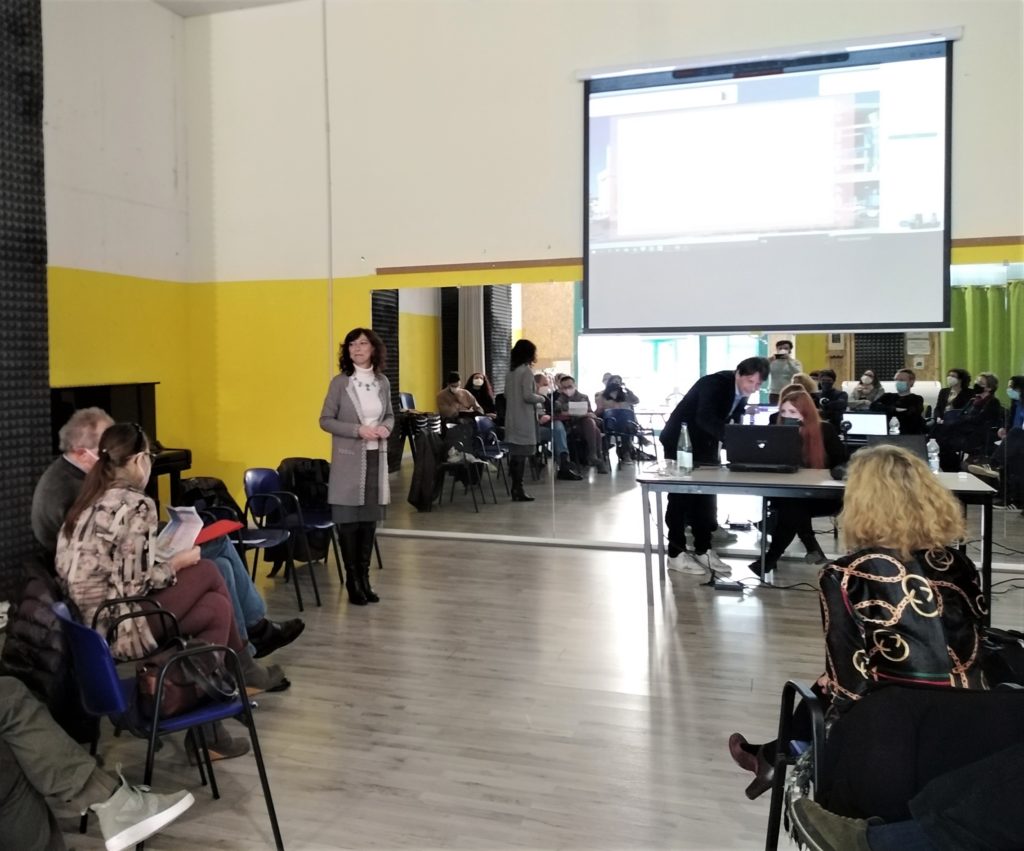
Finally, the greatest expectation on the DeepCities Toolbox, which is nearing completion, is that it can constitute a package of practical and easy-to-use tools both in the implementation phase and in the design phase for the various categories of stakeholders interviewed. In particular, giving as an example the opinion of urban planner, they told us that two levels of approach to architectural artifacts must be distinguished: on the one hand, at the level of the analysis of the individual buildings, it was believed that the study approach proposed through the tools of the DeepCities Toolbox could easily put within an implementation phase of urban planning by being included, for example, in the census and cataloguing phase of buildings. At a second more general level, however, the tools we are finalizing could have a strong usefulness in the preliminary implementation plans with respect to urban planning, being able to start projects with a wealth of knowledge already prepared, thus allowing them to work more quickly.
In conclusion, while waiting to be able to analyze the data collected so far in more detail, we were however very positively impressed by the reactions and overall participation of stakeholders in relation to the Florence workshop. Furthermore, the fact that they showed us a particularly strong interest in relation to the DeepCities Toolbox which is nearing completion, showed an effective need for them and, therefore, a final positivity of the entire process.
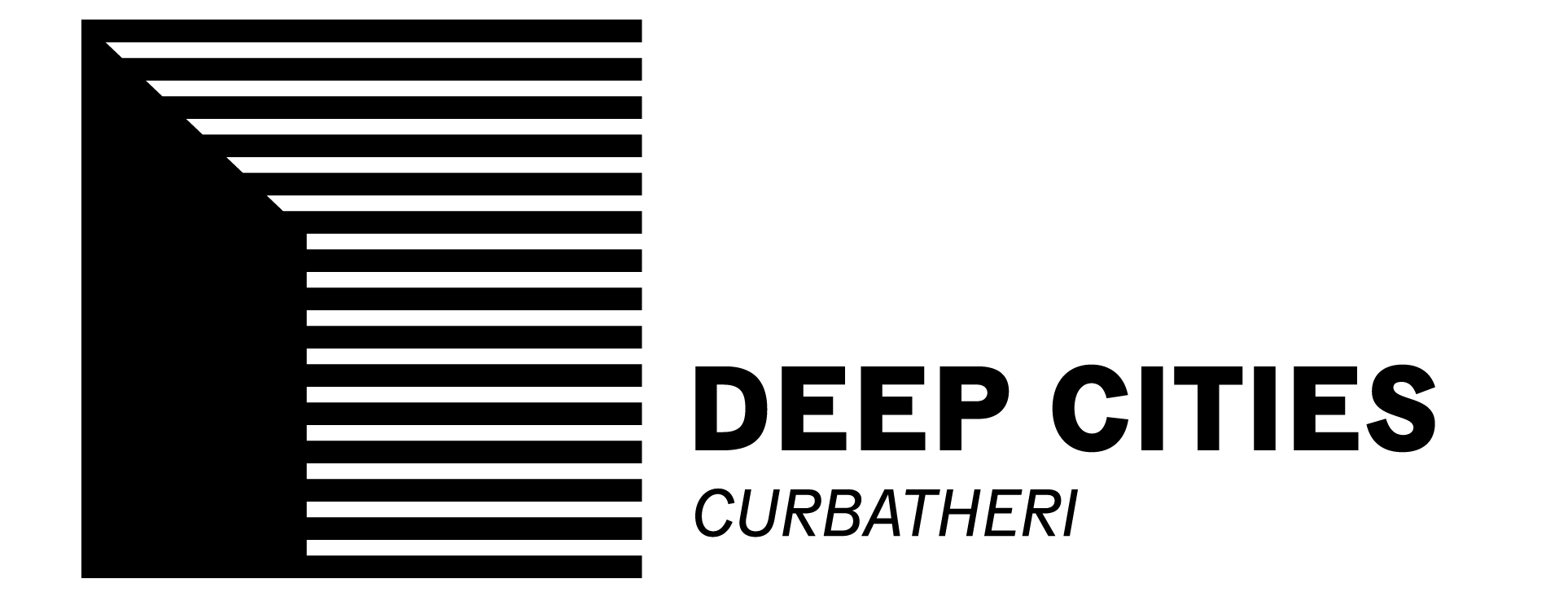
Leave a Reply